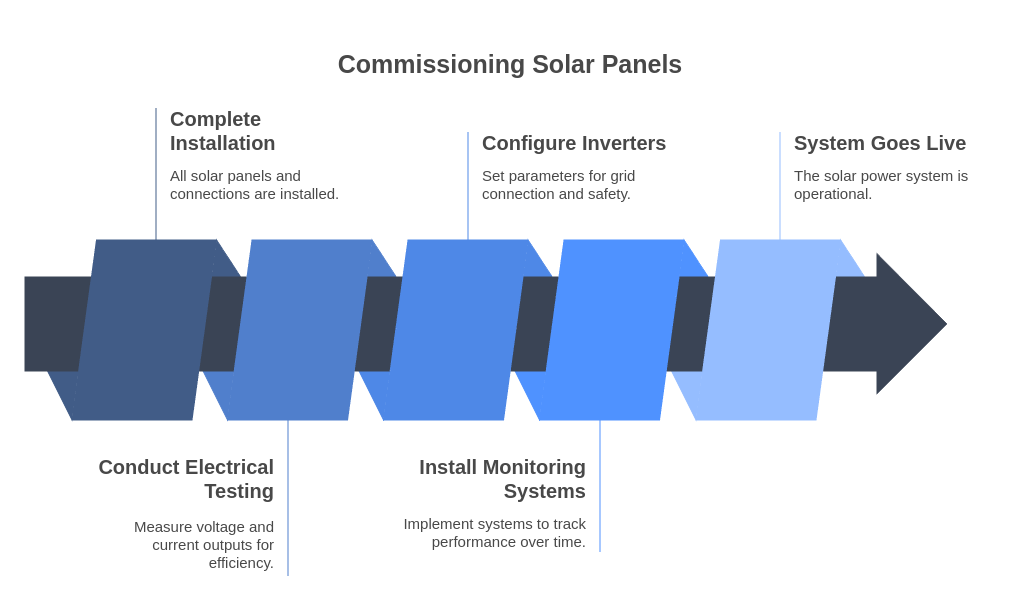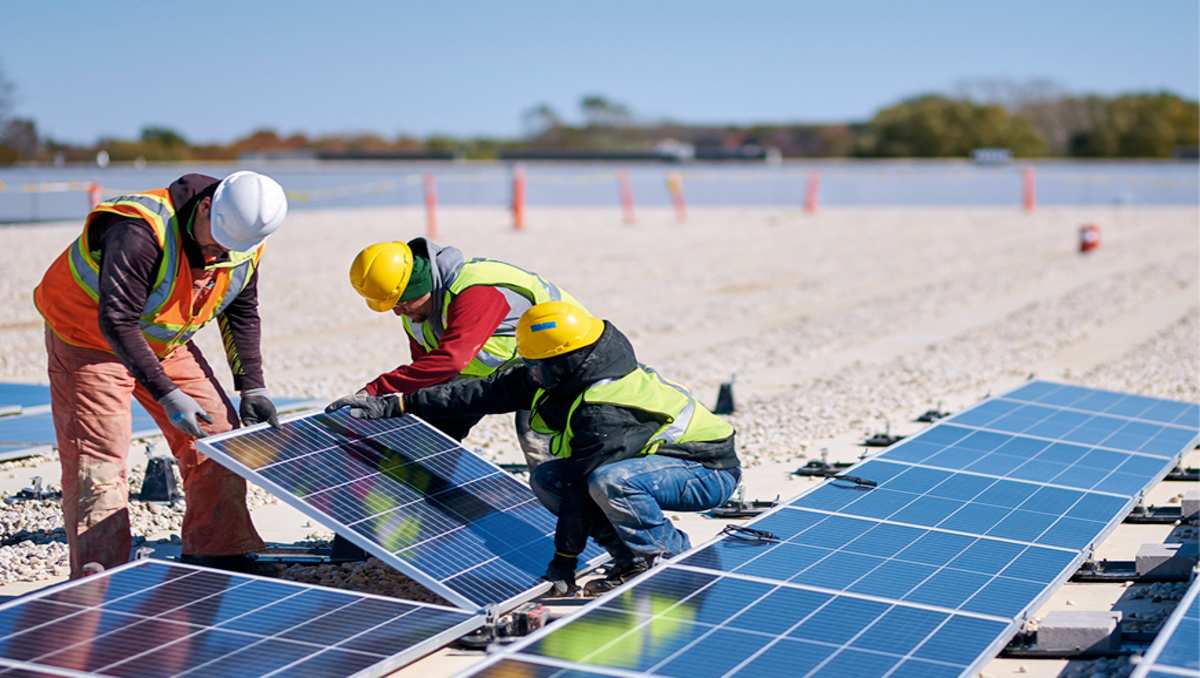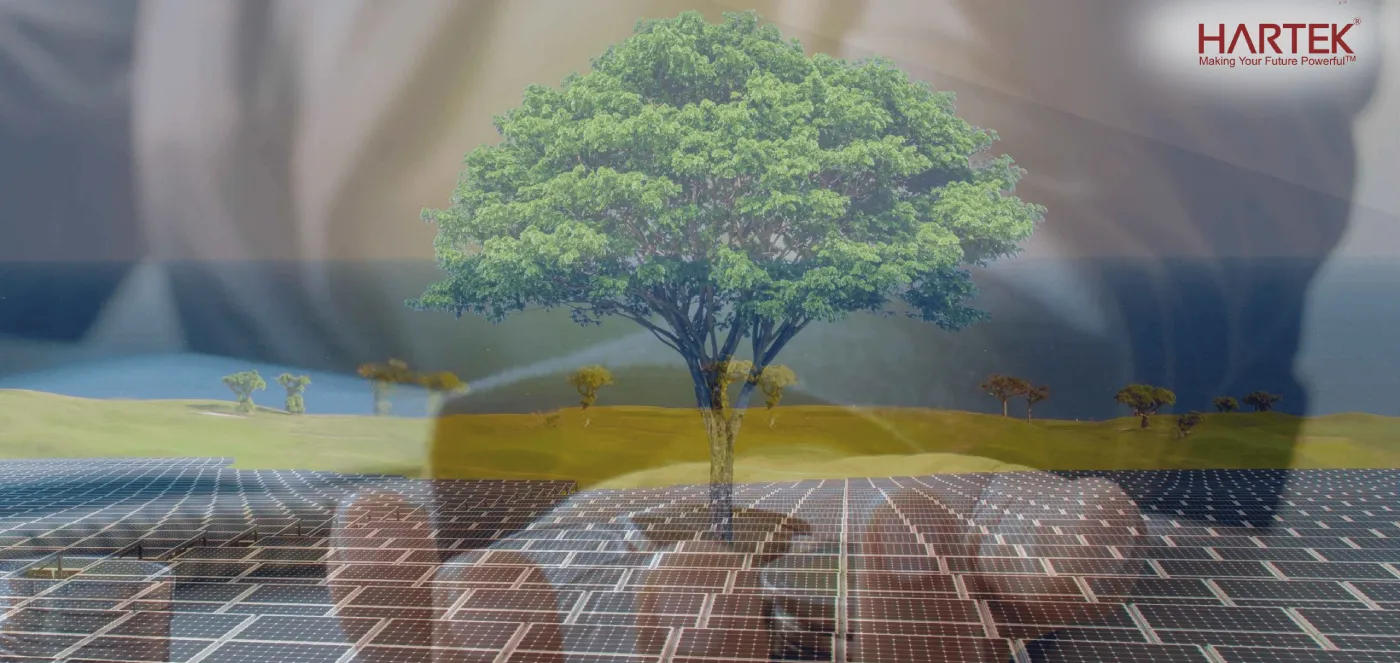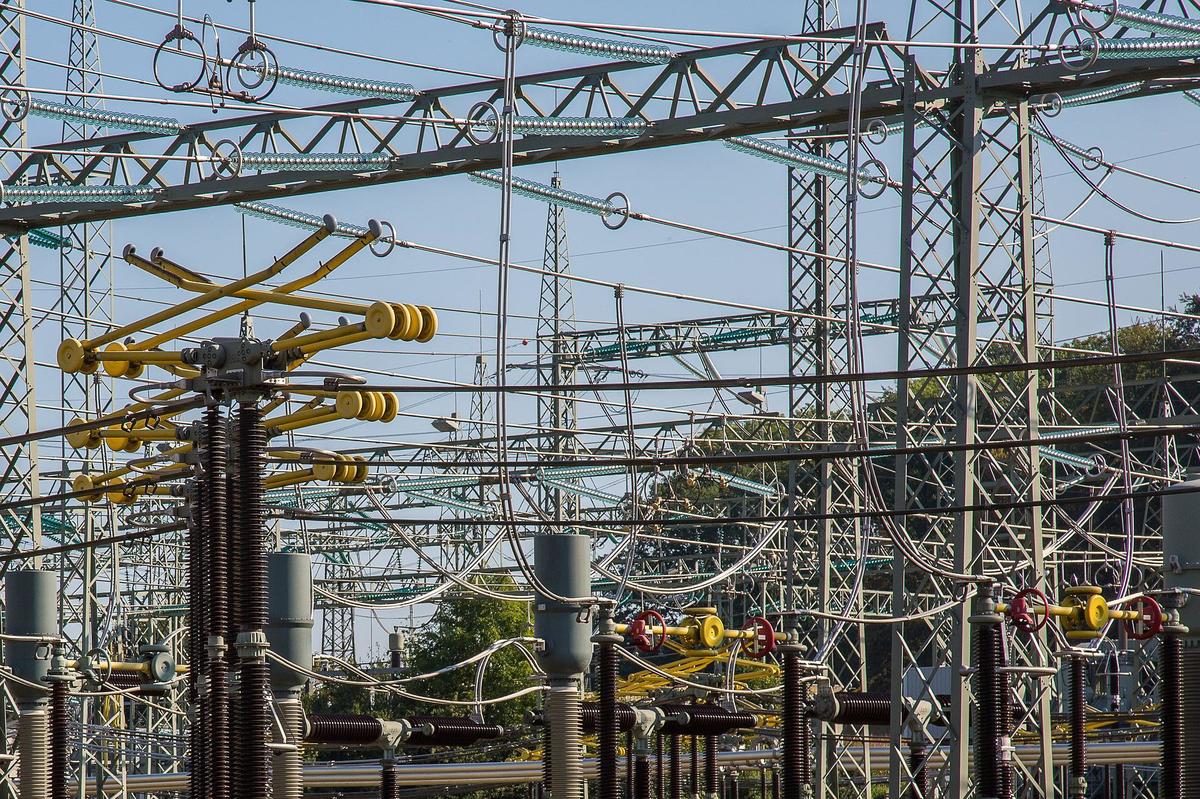As the global community battles climate change and fossil fuel depletion, renewable energy sources such as solar are becoming ever more vital. Solar is an efficient and cost-cutting way for businesses to reduce carbon footprint while cutting energy costs. Installing solar panels not only provides reliable energy but can also boost a company’s environmental credentials.
India achieved a remarkable milestone with solar installations reaching 20 GW between January and June 2024, marking a 55% growth compared to the same period last year. Leading companies like Hartek Group have played a pivotal role in driving this impressive expansion in solar panel installation.
Let’s delve deep into the solar energy installation process, offering businesses a detailed look into how you can successfully implement solar panel installation and we will also discuss the role of Hartek Group in the same. Let’s learn more.
Understanding Solar Energy Installation
Solar energy taps into sunlight’s clean energy to generate electricity, making it a renewable, sustainable source of power. Solar Panel Installation takes several steps, from initial analysis through final setup, ensuring businesses can harness this sustainable resource efficiently.
- Site Assessment: Before installing solar energy on a property, an extensive site evaluation must first be conducted. This involves inspecting roof orientation, shading from nearby structures, and structural integrity to ascertain optimal placement for maximum sun exposure. A qualified solar installation company will perform these analyses.
- Design and Planning: Based on an assessment, a customized solar panel design plan will be devised. This includes specifying which types of panels to use, their placement, system capacity requirements, and any advanced software tools needed to simulate energy production based on local weather patterns.
- Permitting: The next step involves obtaining any necessary permits from local authorities, which may vary based on location and regulations. Compliance with local laws is vital to avoid delays during installation.
Mounting the structure Once your mounting structure has been assembled, the next step should be mounting solar panels. You must arrange them so that their mounting holes line up perfectly with those of the rails; solar modules must then be attached using stainless steel nuts, bolts, and washers located at the rear side and secured at four points across.
- Installation of PV Modules: Solar panel setup begins by mounting photovoltaic (PV) modules to either your roof or ground surface, which requires skilled technicians for proper alignment and secure mounting. The entire installation process may take from several hours up to several days depending on system size.
- Electrical Connections: Once the PV module installation has been installed, they needs to be connected to an inverter that transforms DC electricity generated from it into AC electricity for commercial equipment use. Proper wiring and safety precautions must be adhered to during this phase.
- System Testing: Following the solar energy installation process, every aspect of the system will undergo rigorous testing to ensure its functionality and safety. This includes checking electrical connections, verifying inverter operation, and making sure that all components work harmoniously together.
- Final Inspection: Prior to making any solar panel setup work, local authorities may conduct a final inspection to verify compliance with all safety standards and regulations. This step ensures that installations meet current standards.
- Maintenance: Regular maintenance is vital to achieving peak performance. This includes cleaning panels to remove dust or debris that blocks sunlight and inspecting electrical connections for signs of wear or damage.
- Earthing: Proper earthing of solar panel installations is vital to ensure safety. Make sure adequate earthing exists between modules, inverters, and grid connection points. Copper strip earthing provides better conductivity and durability than traditional methods.
Finding a Solar Installation Company
When selecting a solar installation company in India, take into account factors like experience, customer reviews, warranty offerings, and after-sales support. Companies like Hartek Group – biggest solar energy company in India have become trusted names due to their quality installations and customer care services. We have surpassed 10 gigawatts (GW) of solar panel installation capacity as of September 26, 2024.
It is crucial to engage with a company that understands your specific needs while offering ongoing support throughout the lifecycle of your solar system. A reputable installer should provide detailed documentation regarding performance expectations and maintenance schedules.
Commissioning Your Solar Panels
Once all solar panels and necessary connections have been installed, the next critical step should be commissioning your system. This involves conducting various tests and inspections to make sure everything works as it should before going live with it.
- Electrical Testing: Comprehensive electrical tests measure voltage and current outputs to verify whether a system is producing power efficiently and safely.
- Inverter Configuration: Inverters can be tailored to meet local grid requirements by setting parameters for grid connection, safety disconnects, and performance monitoring.
- Installation of Performance Monitoring Systems: Monitoring systems can help users monitor the progress and performance of solar power systems over time.
Congratulations on the successful solar panels installation system! Harnessing the sun’s energy allows you to not only reduce your carbon footprint while reaping renewable energy benefits.

Role of Hartek Group in Solar Panel Installation
Hartek Group is an industry-leader when it comes to solar panel installations across India. We offer comprehensive design, engineering, procurement, construction (EPC), maintenance, and support solutions for solar energy projects across various sectors. Hartek Solar ranks among India’s top 3 rooftop solar installers, reflecting our leadership in renewable energy solutions.
Hartek Group India’s top rooftop solar installation company, dedicated to quality and innovation has established it as a reliable partner for businesses looking to switch to solar energy. With an unwavering dedication to renewable energy and net-zero emissions, the company has successfully connected over 10 GW of solar capacity into utility-scale projects, saving 300 million tonnes of carbon emissions since inception. Their expertise covers industries including manufacturing, hospitality, education, and healthcare, each of which requires tailored solutions specifically for its energy requirements.
Final Words
Switching to solar energy is both an environmental necessity and a strategic business decision for commercial and industrial properties alike. By understanding the solar panels installation process and tapping into expertise from respected providers such as Hartek Group, companies can effectively utilize solar power to achieve sustainability goals while realizing significant cost savings.
As India expands its renewable energy capacity, solar technology will play a crucial role in future economic and environmental stewardship. Solar panel investments go beyond simply cutting costs; they represent an investment into a sustainable future that benefits both businesses and the planet.
Frequently Asked Questions
-
What are the key steps in solar panel installation?
Solar panel installation involves site assessment, design, permitting, mounting, electrical connections, testing, and final inspection before commissioning. -
Why should businesses invest in solar panel installation?
Businesses can cut energy costs, reduce carbon footprints, enhance sustainability credentials, and gain long-term savings with solar power. -
How is Hartek Group contributing to solar energy expansion?
Hartek Group has installed over 10 GW of solar capacity, ranking among India’s top rooftop solar providers, supporting industries with tailored solutions. -
What maintenance is required for solar panels?
Regular maintenance includes cleaning panels, checking electrical connections, ensuring proper earthing, and monitoring system performance for efficiency. -
How long does it take to install solar panels?
Installation duration varies based on system size, typically taking a few hours to several days, including mounting, wiring, and commissioning.
Share:
Explore More
Keep up-to-date with the most trending news stories that are shaping the world today.







